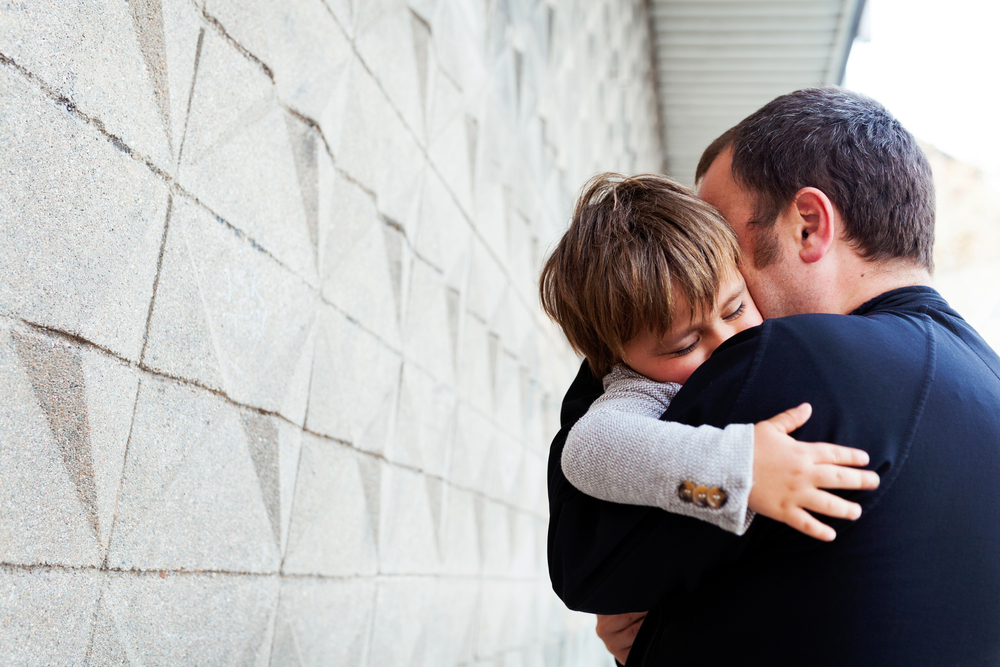What’s the difference between visitation and custody?
Published 01/29/21 by Admin

Going through a divorce is hard on a couple. It is also hard on children. In most instances, both parties to a divorce want to do what is best for their kids, but they often disagree on what that is. If your marriage is coming to an end, you must decide how you want to parent after the divorce. Ohio child custody attorneys help divorcing couples determine the best path forward.
Custody and Visitation
Custody and visitation should not be used interchangeably. Legally, they are very different things. Here are some distinctions between the two:
1. Child Custody
If you have legal custody of your child, then you get to make decisions about how they are raised. You get to choose the schools they go to, the healthcare treatment they receive, and even the religion they will be raised in if any at all. Courts tend to give parents shared custody. They believe it is in the best interest of the child for both parents to be actively involved in their lives.
However, one parent is usually given primary or physical custody. The child will live with this parent and go to school under their supervision. The custodial parent is charged with meeting the day-to-day needs of the child. In a shared or joint custody arrangement, the child can live with one parent during the week and the other on the weekends. The two parents can also come to some agreement on how birthdays and holidays will be divided.
Child custody attorneys in Ohio can help you create a custody arrangement that works for everyone.
2. Child Visitation
Visitation consists of the parenting time given to the non-custodial parent. If you are the non-custodial parent, then you should have a visitation schedule drawn up which establishes specific dates, times, and locations for visits with your child. It is important that both you and your ex stick to the schedule.
Only in the most extraordinary of circumstances will supervised visitation be ordered. A judge will order supervised visitation if they believe that the non-custodial parent poses a threat to the child.
If you have concerns about your visitation rights, Ohio child visitation attorneys can answer them. Child visitation attorneys Ohio can help you protect your right to see your child.
3. Sole Custody

Gaining sole custody of your child is possible. In this legal arrangement, one parent has full legal custody of the child. They can make all decisions regarding their education, health, and residence. Courts will only grant full custody if the other parent is missing, abusive, or lives a life that would be detrimental to the health and well-being of a child.
Divorce can leave you feeling angry and bitter. But you should not attempt to revenge yourself on your ex by trying to get sole custody. The latter is only for the most extreme circumstances. If you really do fear for the safety of your child and have proof that the other parent is a danger to them, then you should file for sole custody. Otherwise, the effort will be futile. Judges do not award sole custody based on how one parent feels about the other.
4. Grandparent Custody and Visitation
If you are a grandparent who has been deeply involved in the life of your grandchild, then you may be able to gain visitation rights. A divorce should not break the bond that you have established with your child. It may also be possible for you to get legal custody of the child if neither parent is fit to care for them. Child custody attorneys Ohio can give you the legal insight you need for either of the above actions.
If you have questions about any of these matters, then you should speak to the child visitation attorneys in Ohio at Barr Jones & Associates.
